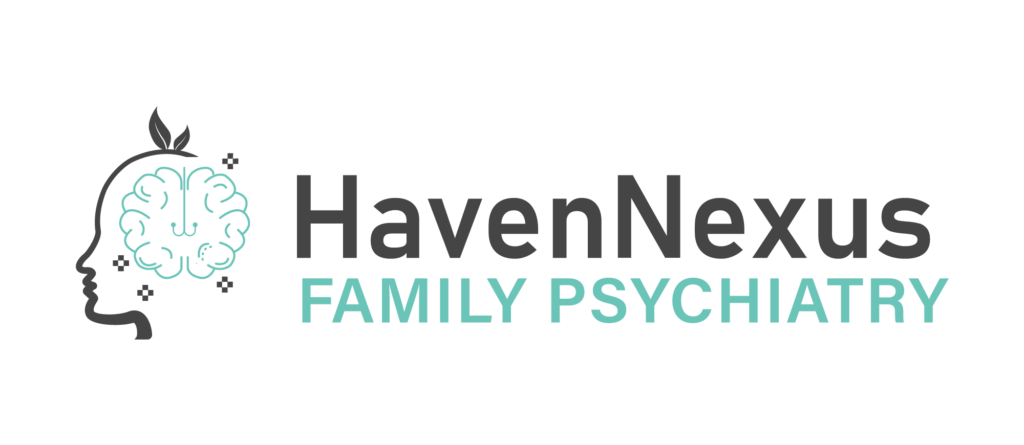Life is full of challenges, and how we navigate them determines our emotional well-being. Resilience—the ability to bounce back from adversity—is a crucial skill, but it’s not something we’re all born with. The good news is that resilience can be developed, and therapy plays a significant role in strengthening emotional resilience.
Understanding Resilience and Emotional Strength
Resilience is more than just “toughing it out.” It’s about adapting to stress, overcoming setbacks, and maintaining a sense of control during difficult times. Emotional strength, on the other hand, is the ability to manage emotions effectively and respond to situations with a balanced mindset. While some people naturally develop these skills, many benefit from professional guidance to build and reinforce them.
How Therapy Helps in Building Resilience
Therapy provides a safe space to explore emotions, understand thought patterns, and develop coping strategies. Here’s how therapy helps in strengthening resilience and emotional strength:
1. Developing Healthy Coping Mechanisms
Therapists teach techniques to manage stress, anxiety, and emotional distress. Practices like mindfulness, cognitive reframing, and relaxation exercises help individuals respond to challenges in healthier ways.
2. Enhancing Self-Awareness
Self-awareness is key to emotional resilience. Therapy helps individuals recognize their triggers, emotions, and thought processes, allowing them to take proactive steps in managing their reactions.
3. Building a Growth Mindset
A growth mindset—believing that challenges are opportunities for learning—makes people more resilient. Therapy helps reframe negative thinking patterns and cultivate a positive outlook on setbacks.
4. Strengthening Emotional Regulation
Emotional strength comes from understanding and controlling emotions rather than being overwhelmed by them. Therapy provides tools for emotional regulation, preventing stress and anxiety from taking over.
5. Improving Communication and Relationships
Strong social connections contribute to resilience. Therapy teaches effective communication, conflict resolution, and boundary-setting skills, which enhance personal and professional relationships.
6. Addressing Past Trauma
Unresolved trauma can weaken emotional strength. Therapy helps process past experiences, reducing their impact and allowing individuals to move forward with resilience.
The Long-Term Benefits of Therapy on Resilience
Investing in therapy has long-term benefits, including:
- Increased confidence in handling adversity
- A more positive and optimistic outlook on life
- Improved mental health and reduced stress levels
- Stronger relationships and social support networks
Conclusion
Resilience and emotional strength are not about avoiding challenges but about learning how to navigate them effectively. Therapy serves as a powerful tool in developing these skills, helping individuals build a stronger, more balanced emotional foundation. If you’re struggling with life’s ups and downs, seeking therapy can be a transformative step toward greater resilience and emotional well-being.


